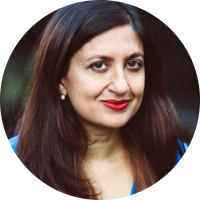This blog is dedicated to my mum and sister, who, not being medics, have to decide whether to believe my views on so many medical issues, or to listen to their doctors who practice conventional medicine.
The idea is not to give unsolicited advice to the average person reading this blog as every circumstance is unique; but to encourage you to start asking questions.
We have all heard how bad cholesterol is. Children probably also know this. The average person above 50 is very likely to be on statins or is surrounded by their friends and family who are on the drug. Yet, heart attacks and strokes and other conditions attributable to cardiovascular diseases are not only still present, their numbers are increasing all the time. There is a disconnect somewhere.
More and more information is being released, as recent as a few days ago in http://www.sciencedaily.com/releases/2015/02/150220110850.htm regarding how the efficacy of statins have been exaggerated.
One may argue a few points about why statins are prescribed so much, namely
-
more people are on statins because of better ‘pick up’ rates of high cholesterol by their doctors due to better healthcare
-
people are living longer, hence we are seeing more heart diseases- its a numbers game!
Using this same argument we could then ask the same question about infections as well. Infections were the biggest killer in the at one time. With the advent of antibiotics, infection rates and more importantly mortality and morbidity has decreased greatly. This is with the human race living longer and having better healthcare. Why hasn’t this happened with the widespread use of statins, the disconnect still exists.
Lets strip this down to the very basics…

